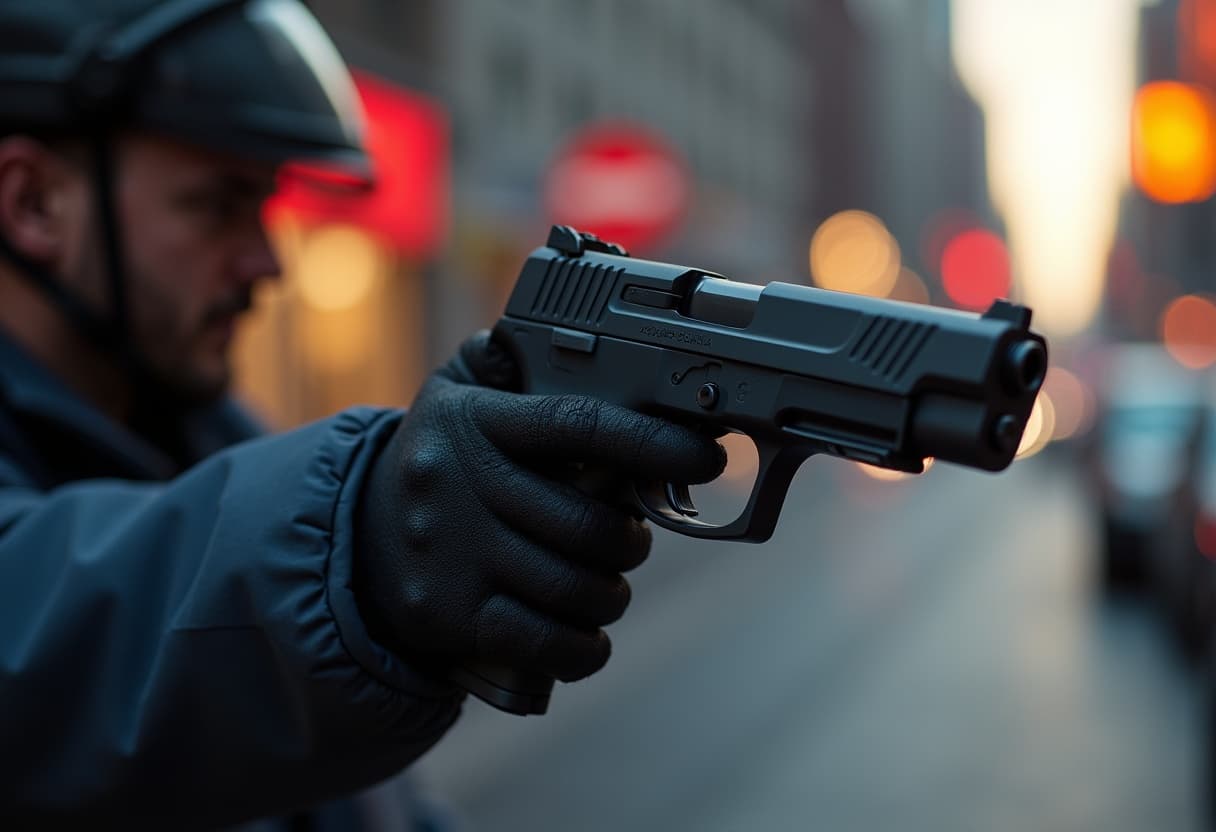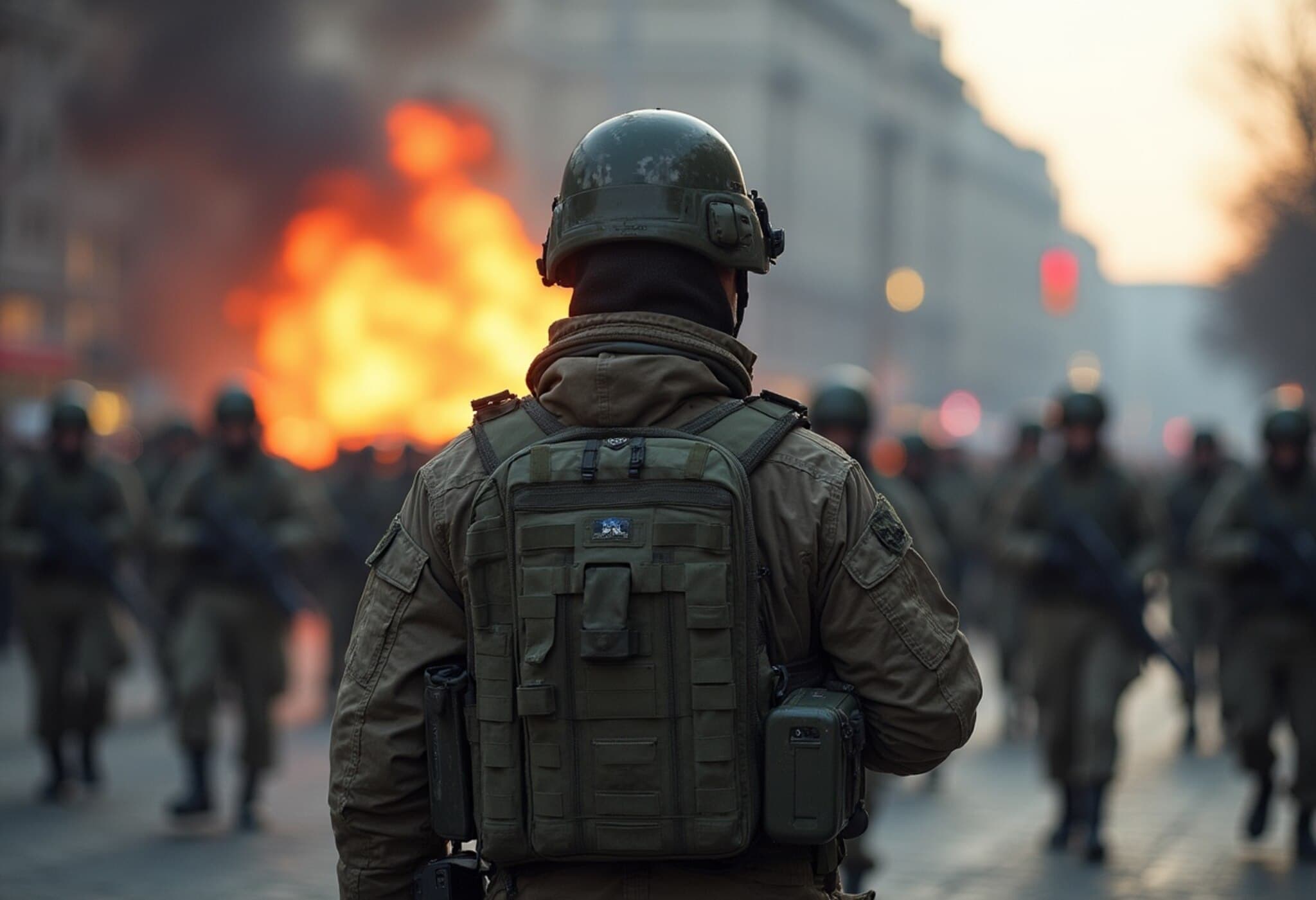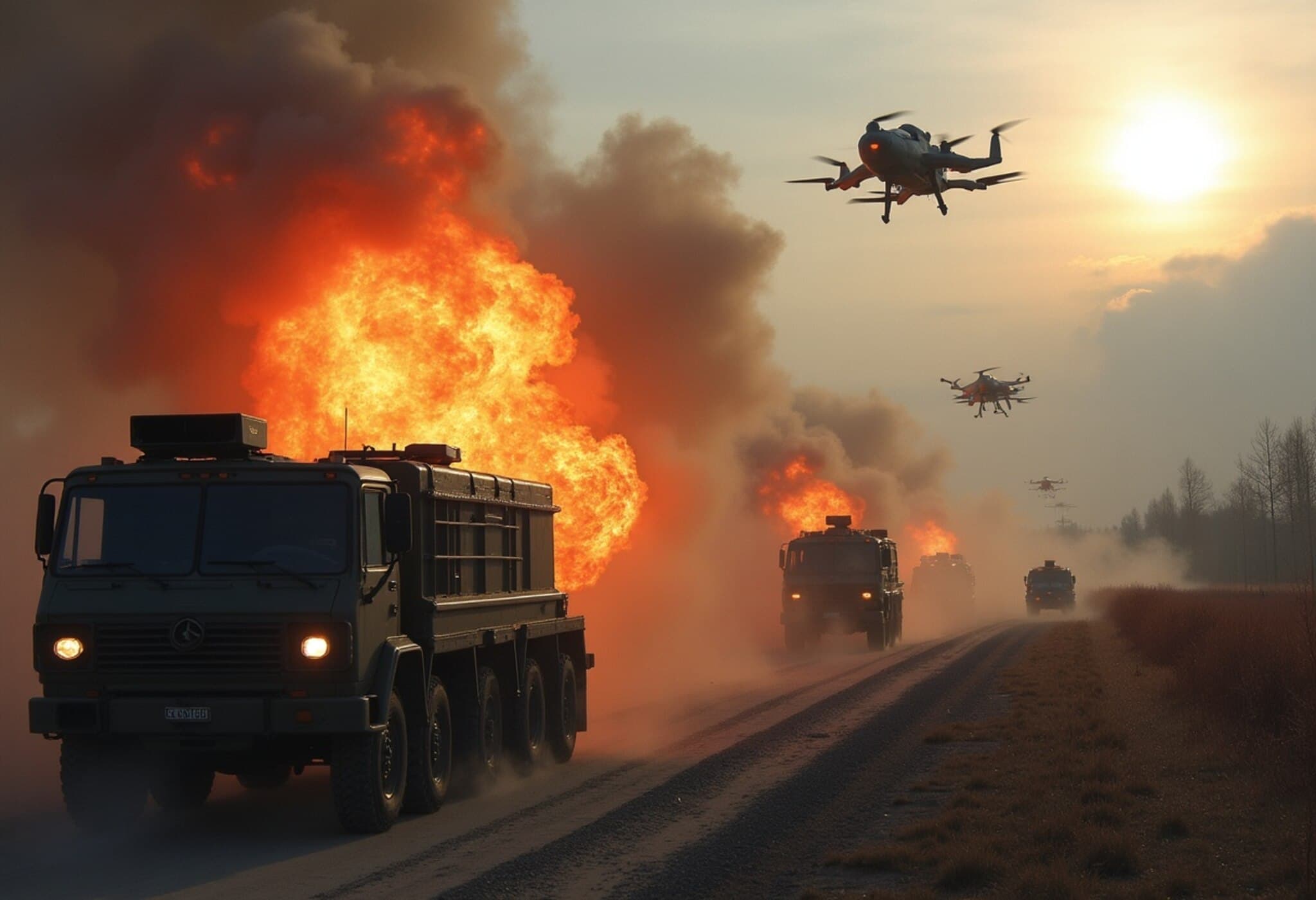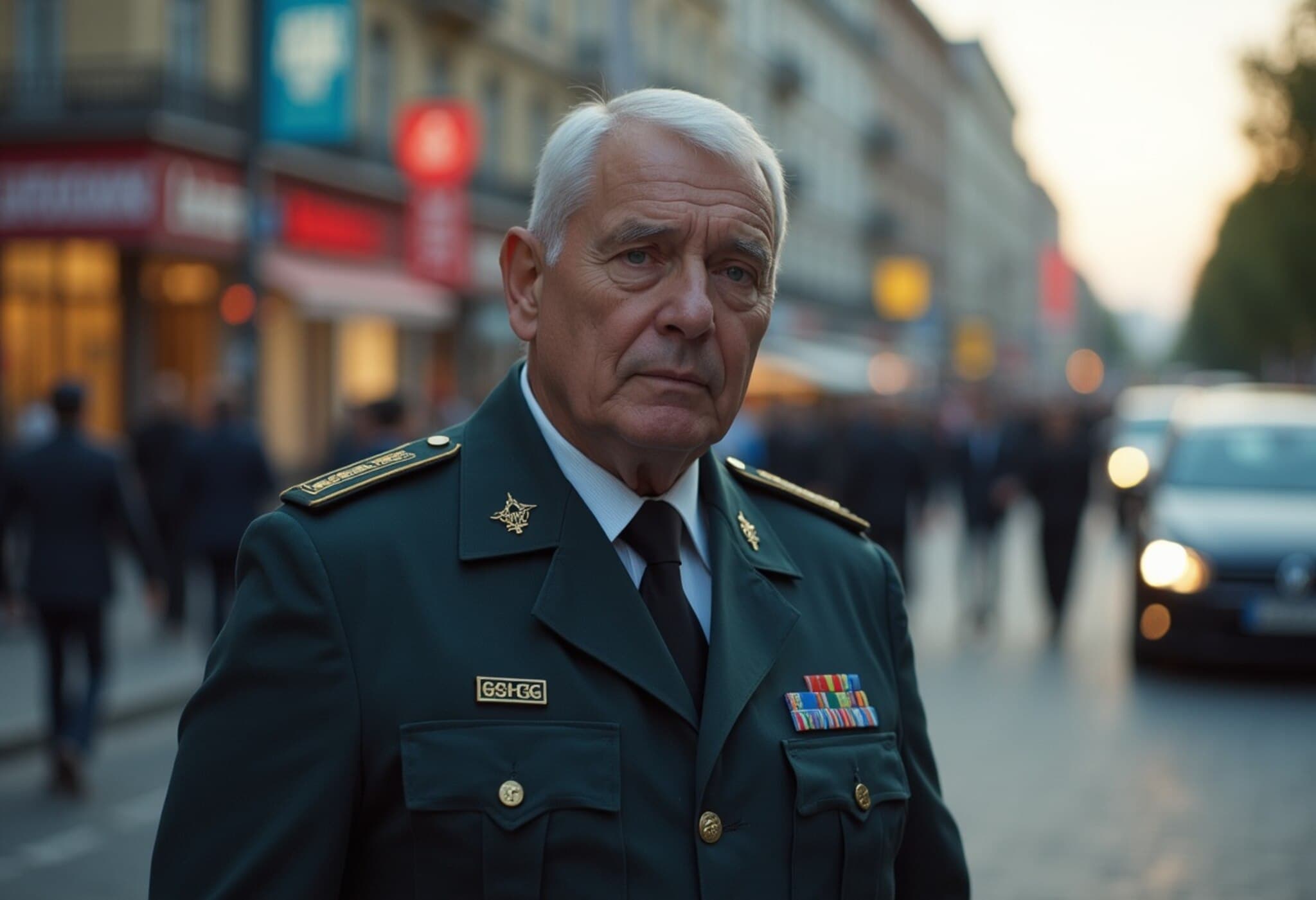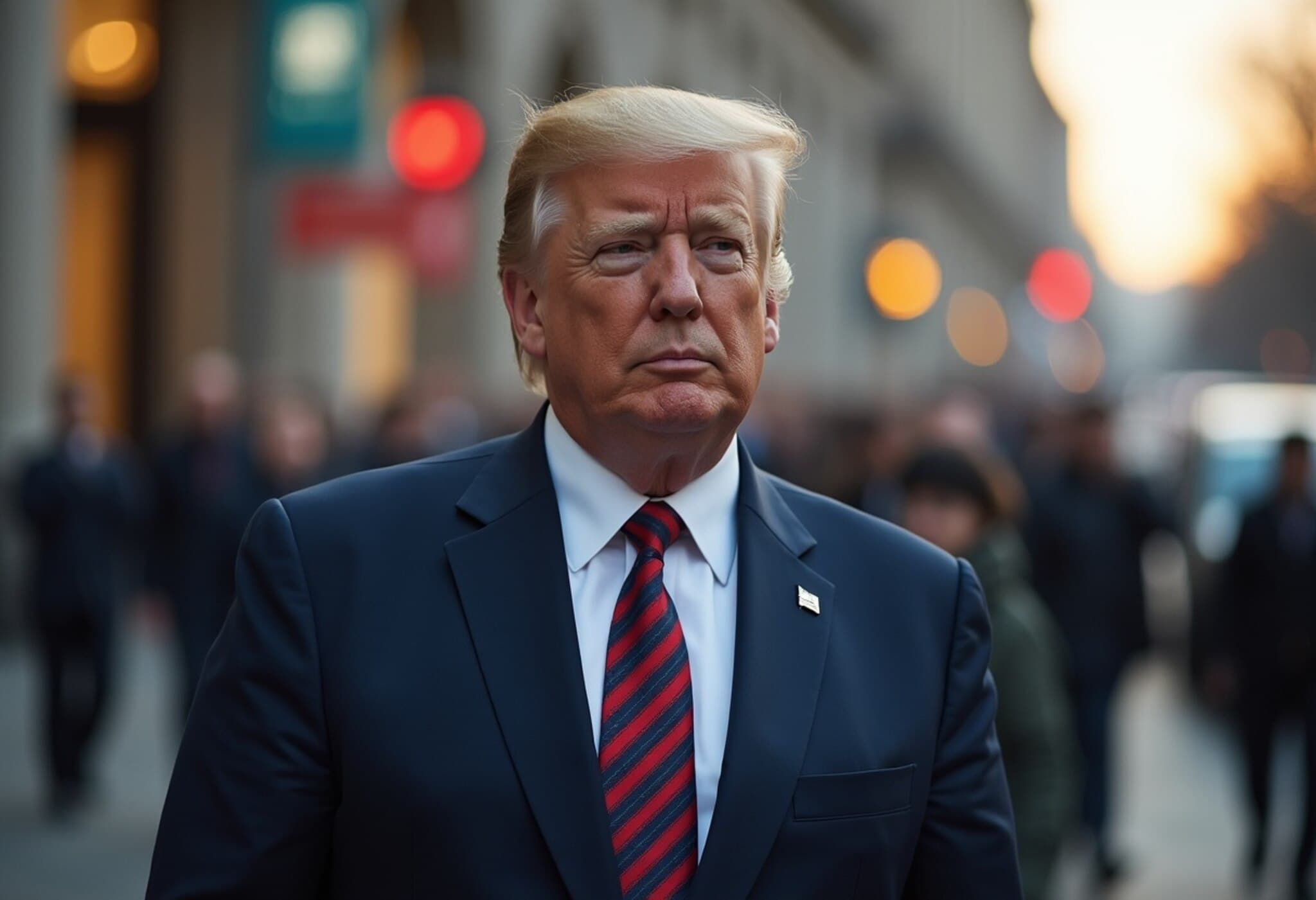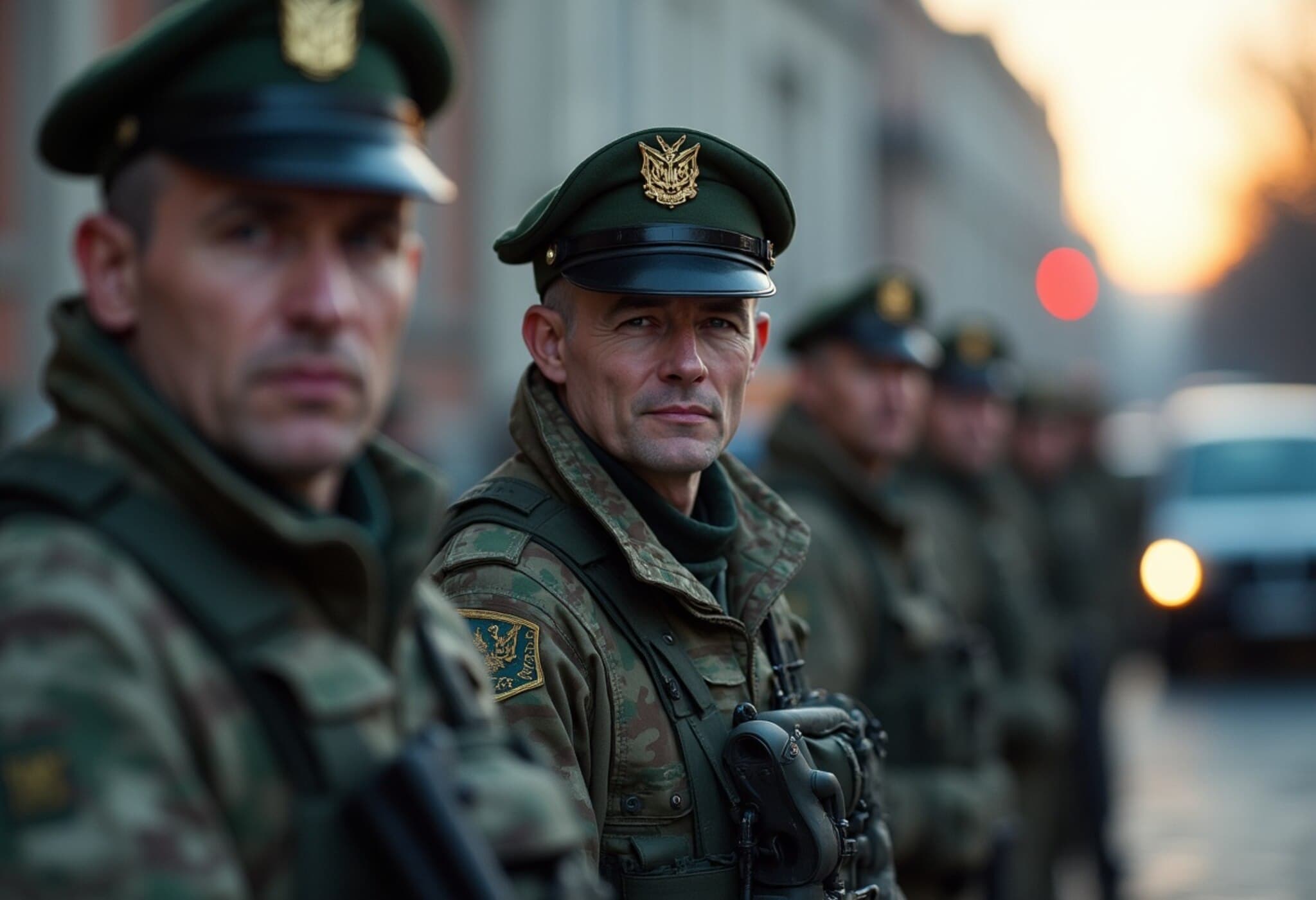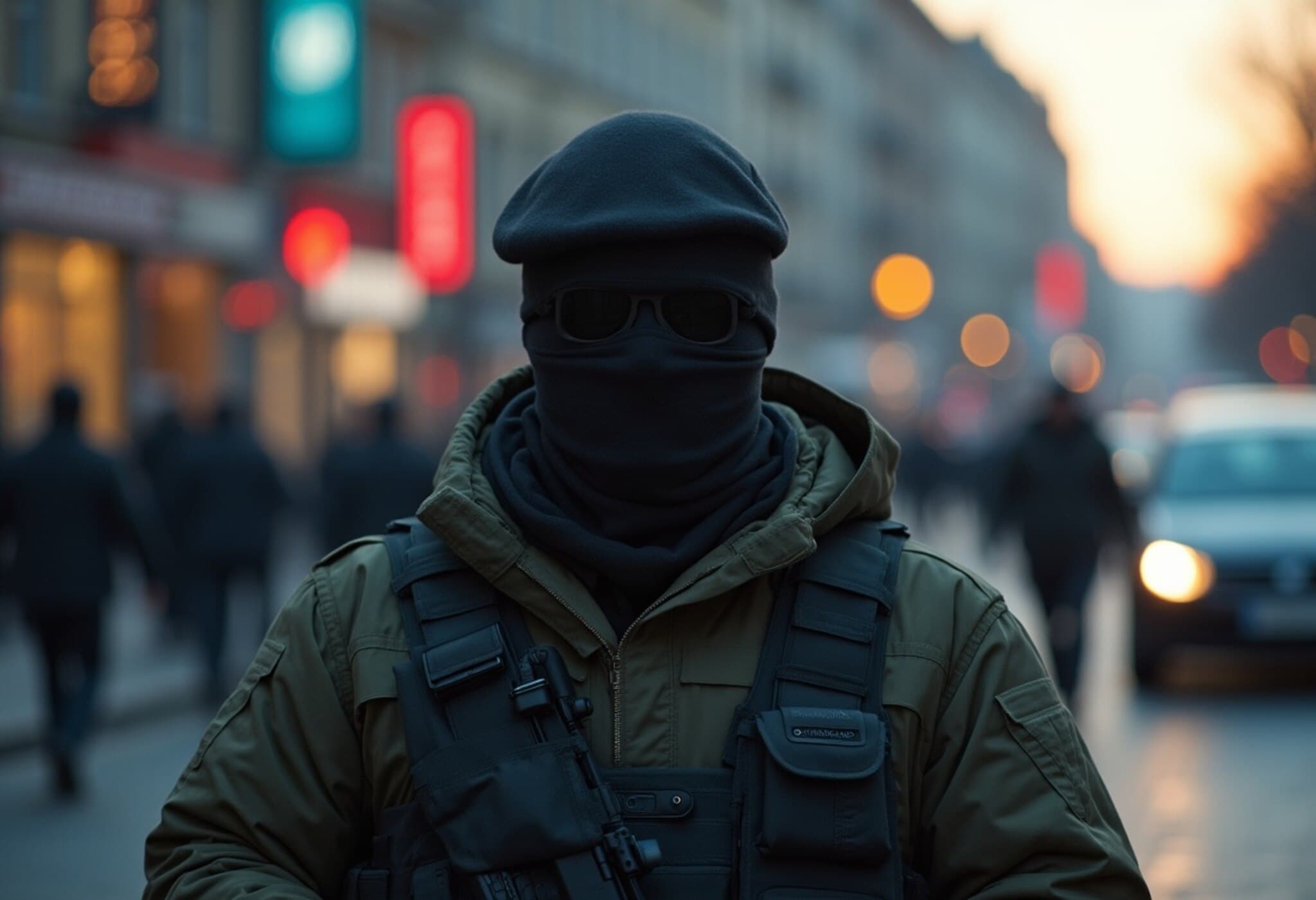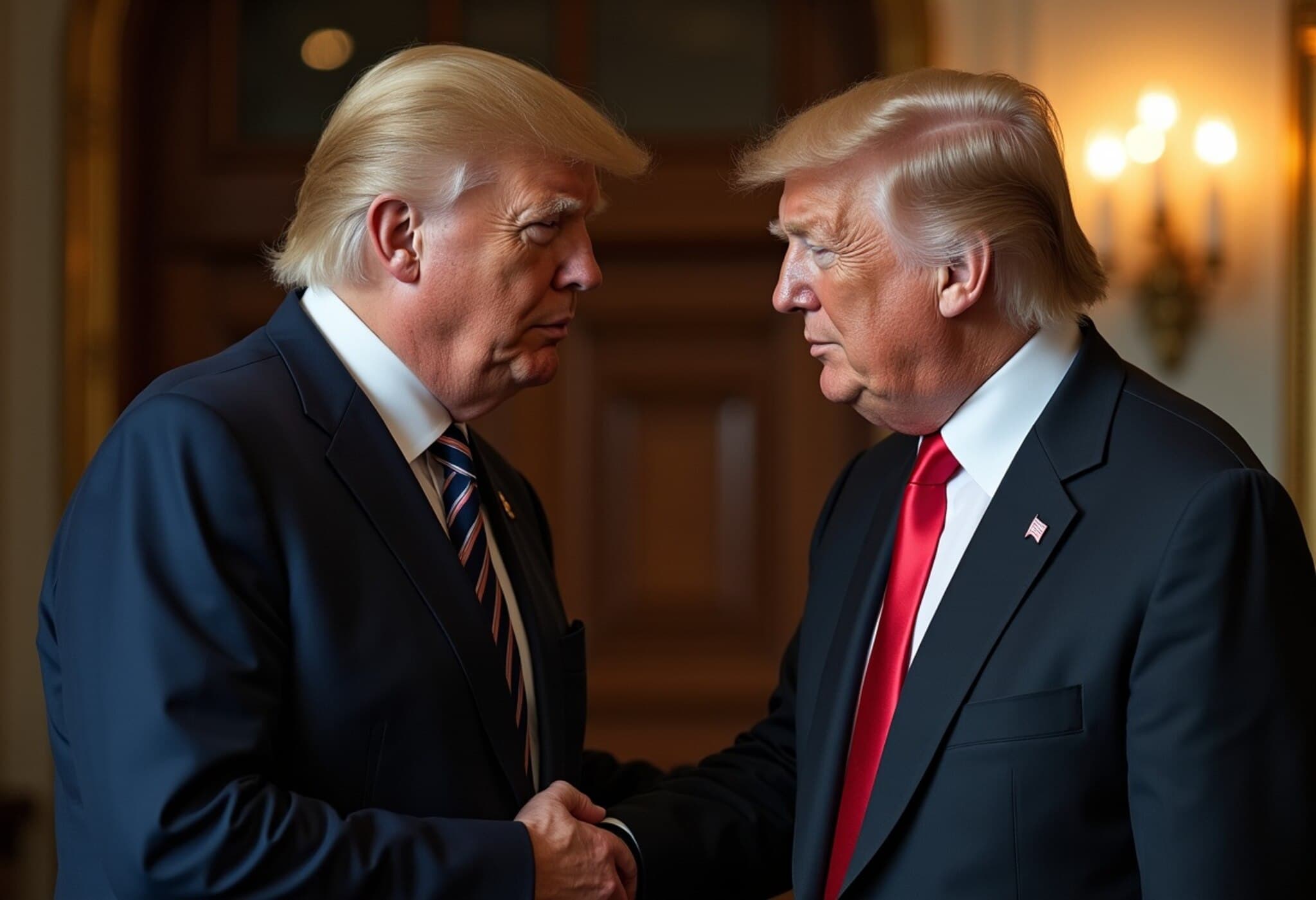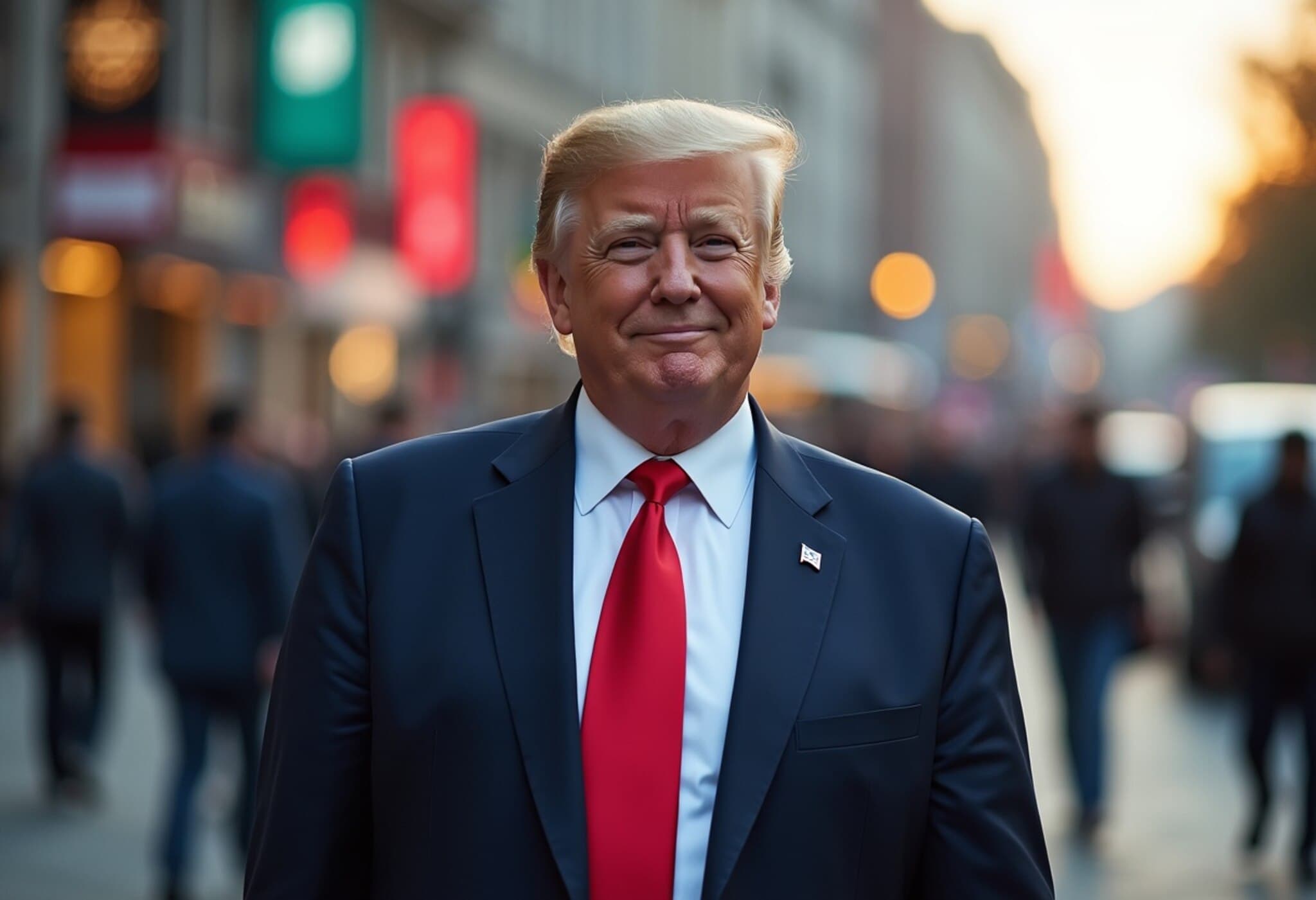Large-Scale Protests Challenge Ukraine’s Unity Amid War
In a striking shift after more than three years of largely unbroken national solidarity, thousands of Ukrainians rallied in Kyiv on Tuesday evening, raising their voices against recent actions taken by President Volodymyr Zelensky’s administration to curb the independence of the country's anti-corruption agencies. This marks the first major anti-government protest since Russia's 2022 invasion reshaped Ukraine’s national narrative.
Cracks in National Unity Emerge Outside Presidential Office
The protest, held near the president’s office in central Kyiv, brought together a diverse crowd of civilians and military personnel. The atmosphere was charged with frustration and a deep sense of betrayal. Kateryna Amelina, 31, whose husband is fighting on the front lines, voiced the sentiment shared by many: "My husband is risking his life in the trenches, and this is not what they are fighting for. This threatens to undo a decade of civil society progress.”

The catalyst for the unrest was legislation passed by Ukraine’s parliament earlier that day, which significantly diminishes the autonomy of two pivotal anti-corruption institutions. The law consolidates power in the hands of the prosecutor general—appointed directly by Zelensky—effectively putting anti-corruption investigations under presidential influence.
Legal Moves Spark Fears of Democratic Backsliding
Late on Tuesday, official updates confirmed that President Zelensky had enacted the legislation. No immediate comments were forthcoming from the president's office. Tensions escalated when, just a day prior, Ukrainian security services raided the anti-corruption agencies, alleging infiltration by Russian intelligence—a claim met with skepticism by activists.
Mustafa Nayyem, a former MP and a key figure in Ukraine’s earlier pro-democracy protests, described the developments as “a very sad moment” that signals a troubling return to the country’s turbulent past under Kremlin-aligned leadership. “We fought to move forward,” he said. “Now it feels like we’re going backward.”
Voices of Dissent Amplify: Veterans and Activists Rally Support
- Veteran Discontent: Soldiers on the frontline have expressed disillusionment. Amelina recounted how her husband and fellow servicemen were deeply upset by the parliament’s move.
- Civic Activists Under Pressure: Prominent anti-corruption advocate Vitaliy Shabunin faces legal accusations widely perceived as politically motivated, potentially carrying a 10-year prison sentence.
- Broader Crackdown: Analysts warn these events form part of an alarming pattern targeting independent media, critical voices, and oversight bodies—jeopardizing the fragile democratic gains made since 2014.
Iryna Nemyrovych, director of the Ukrainian Health Centre, an independent policy research group, warned, "We've seen these tactics before. The attacks on civil activists and anti-corruption mechanisms are intolerable and threaten to undo years of progress."
Social Media and Historical Symbolism Fuel Momentum
The protest’s organization via social media highlights the digital-savvy youth playing a pivotal role in Ukraine’s ongoing civic engagement. The gathering took place near Maidan Nezalezhnosti—an iconic symbol of Ukraine’s previous pro-democracy uprisings—evoking powerful historical parallels and heightening emotional resonance.
Dmytro Koziatynskyi, a war veteran, called on citizens to "take to the streets and prevent a return to the dark days of Yanukovych," referencing the former president ousted in the 2014 revolution. His message resonated widely, underscoring fears of authoritarian regression amid the ongoing war.
Peaceful Yet Determined Demonstrators Demand Transparency and Accountability
Despite the high stakes, the protests remained largely peaceful with minimal police presence. Demonstrators expressed a unified plea: a transparent government and continued commitment to democratic principles even during wartime.
Sashko Adamliuk, 25, emphasized the stakes: “This isn’t just about territory — it’s our democracy that’s under attack.” Oleksandr Teren, a veteran who lost both legs in combat, echoed this urgency: “We’re fighting for a Europe-aligned, transparent Ukraine. These recent decisions undermine the very morale of those risking their lives.”
Expert Perspective: The Crossroads of War and Democracy in Ukraine
As Ukraine grapples with external aggression, the internal challenge of preserving democratic institutions becomes equally critical. The recent legislative and prosecutorial maneuvers risk deepening political polarization at a time when national unity is pivotal.
From an American policy standpoint, Ukraine’s democratic health remains essential to sustained Western support. Democratic backsliding could complicate aid strategies, trigger realignments in international alliances, and weaken the resilience of Ukraine’s civil society, which has been a beacon for reform in the region.
Moreover, the targeting of anti-corruption agencies raises urgent questions about long-term governance reforms. Corruption has long been a major obstacle to Ukraine’s EU integration ambitions and economic stability, making this internal conflict a matter of international interest.
Looking Ahead: Will Ukraine Protect Its Hard-Fought Gains?
The road ahead is uncertain. The protests illuminate a critical tension: how to balance strong wartime leadership with upholding democratic accountability. As Kyiv navigates this delicate moment, the international community watches closely—aware that Ukraine’s democratic trajectory will shape both regional stability and the broader global order.
Editor’s Note
Ukraine stands at a pivotal moment, confronting not only an existential military threat but also an internal struggle over the soul of its democracy. This protest movement reminds us that even in war, democratic values and anti-corruption efforts are fiercely contested terrains. How Ukraine resolves this dual challenge will profoundly impact its future and the international community’s engagement.
Readers are encouraged to reflect on these dynamics and the complex balance between security and freedoms in conflict zones—a topic with deep relevance in today’s geopolitical climate.









